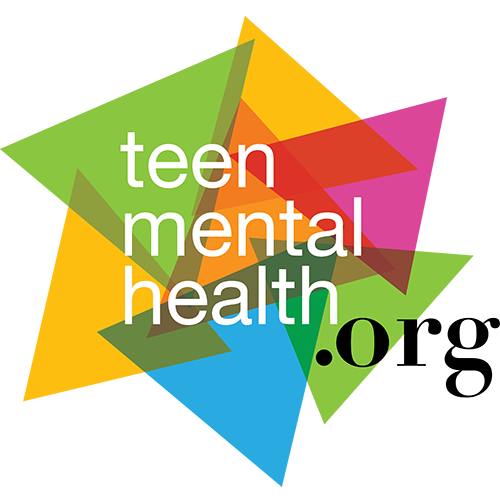Study Tips
Ask questions.
- Ask yourself questions about what you are reading. This can help you figure out the most important areas to focus on.
Quiz yourself.
- Use chapter review questions to reinforce what you know and determine what you need to review.
Cramming is not ideal.
- It can cause added stress, loss of sleep, and loss of concentration. Also, it does not promote long term learning. Pace your studying.
Highlight key points.
- This can help you recognize the most important parts and can help you with a last minute review.
Take scheduled breaks.
- Commit to taking a break from studying at regular intervals. Sometimes walking away for a few minutes can be refreshing.
Sleep.
- Studying will be much less effective if you are tired. Try to get a good night’s sleep, or take a nap (20 – 30 minutes) if you are tired.
Stay away from distractions.
- Study where you will not be distracted. Remember, the TV and your phone count as distractions!
Group study.
- Sometimes studying with your classmates can help with areas you find difficult.
Careful with caffeine.
- Too much caffeine can increase feelings of anxiety and restlessness. However, caffeine in moderation can be helpful (just know your limits!).
Do not procrastinate.
- This may lead to cramming and that does not help. However, some people study best under stress, and they procrastinate as a way to get into their optimal study zone. Know your study sweet spot!
Reduce your stress levels.
- If you start to feel stressed, taking a few deep breaths can help you relax.
- Exercise and good time management can also help.
- And, remember that the stress feeling is there to encourage you to study!



